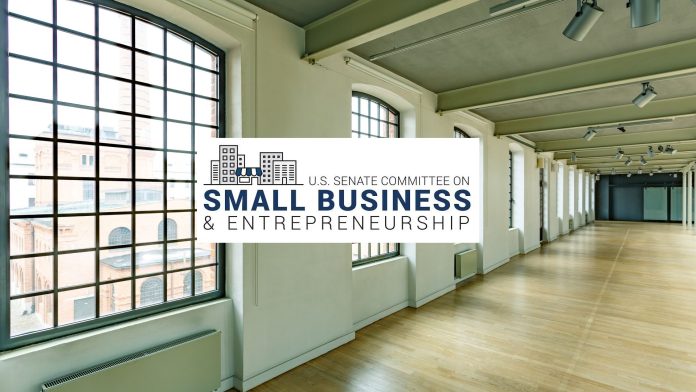In a pressing call to action, Chair Joni Ernst (R-Iowa) championed the importance of revitalizing American manufacturing, emphasizing the critical role small businesses play in this initiative during a recent Senate hearing. Joined by Small Business Administration (SBA) Administrator Kelly Loeffler, Ernst highlighted the alarming decline of the manufacturing sector over the past 40 years and outlined a pathway for future growth.
The statistics are stark. According to Ernst, the U.S. has lost a significant number of manufacturing jobs, with nearly one in six jobs disappearing in Iowa alone. Nationally, manufacturing employment has dropped by 28% since 1980, reaching lows not seen since World War II. Today, only 3.7% of Americans work in manufacturing—a stark reduction from earlier decades.
Ernst stated, “This is not simply an economic decline – it is a hollowing out.” Through her remarks, she underscored the far-reaching consequences of this decline, including shuttered factories and a mass exodus of skilled labor. These issues create vulnerabilities in the nation’s ability to innovate and compete globally.
The heart of the initiative is the SBA’s “Made in America Manufacturing Initiative,” which Ernst believes is essential to reinvigorating the sector. The Initiative aims to enhance investment in small manufacturers that make up 98% of the nation’s manufacturing base. Integral to this plan is the Made in America Manufacturing Finance Act, which Ernst introduced alongside Senator Chris Coons. This bipartisan legislation proposes to double the SBA-backed loan limit for small manufacturers from $5 million to $10 million.
The increased loan limits are aimed at facilitating modernization, growth, and training for the next generation of workers, as Ernst noted. “That investment will have a meaningful impact across the entire supply chain,” she pointed out, stressing that all businesses depend on the capabilities of small manufacturers. This initiative intends to support the backbone of the American manufacturing landscape, providing the capital necessary for innovation and production.
For small business owners, this could mean greater access to crucial funding, enabling them to update outdated equipment, expand operations, and hire skilled labor. As Ernst emphasized, it’s essential for American manufacturing to transition from reliance on overseas production to fostering capabilities domestically.
However, while the proposed changes carry promising benefits, small business owners should also consider the potential challenges. Accessing increased funding may require navigating complex application processes or meeting specific criteria laid out by the SBA. Moreover, as the initiative aims to modernize manufacturing, small businesses may face difficulties related to adapting to new technologies and keeping pace with larger counterparts.
As Ernst concluded her remarks, she reinforced the importance of empowering small manufacturers to lead the way in reclaiming American industry. “If we are serious about competing with and beating China, creating good-paying jobs, and restoring economic resilience, we must empower our small manufacturers to lead the way,” she stated.
For small business owners, the success of this initiative could have direct implications for job creation and economic stability. With a renewed focus on domestic manufacturing, the possibility for small businesses to not only survive but thrive is within reach.
The Senate Committee on Small Business and Entrepreneurship continues its mission to understand how policies can facilitate this rebound in manufacturing, ensuring that small businesses remain at the forefront of America’s economic recovery. Staying informed about developments in these initiatives can provide small business owners the insights they need to position themselves advantageously in an evolving marketplace.
For further details, you can read the full press release here.
Image Via Envato: bialasiewicz



